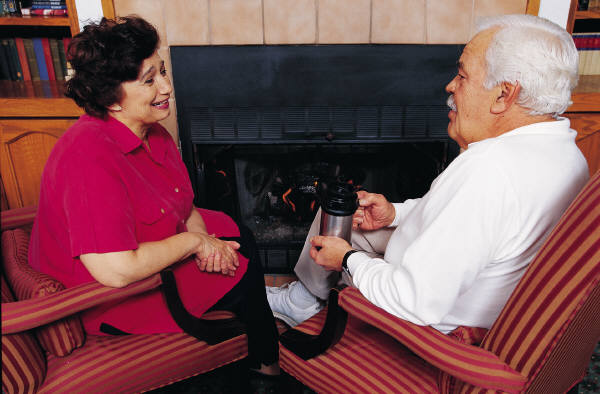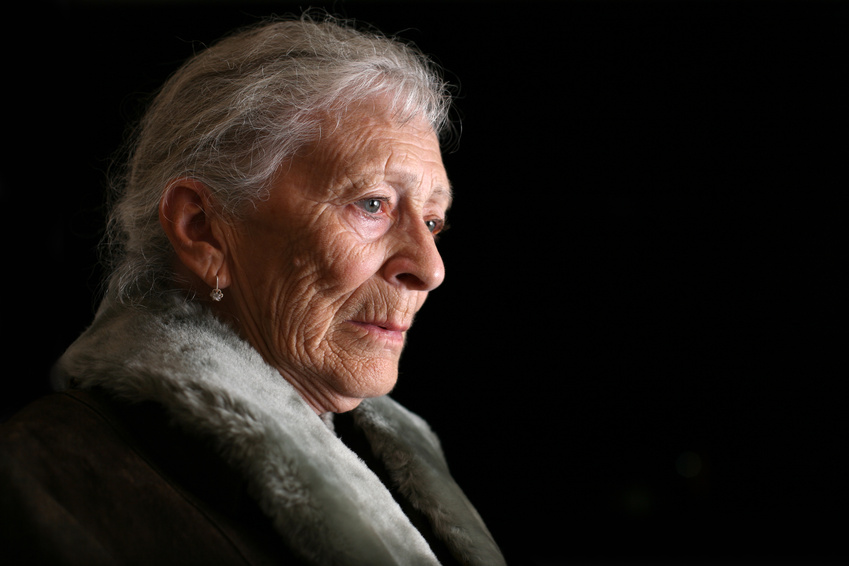Tag: Long Term Care Planning

“They are thinkers, taking the same traits, habits and vision that make them effective in running a company, and applying those to the way they manage their investment portfolios. These are the people who are smart, busy people and who take an active role in all of the different parts of their lives, leaving little […]

“The fact many people need both types of services, home care and home health, contributes to the confusion.” Many people use the terms “home care” and “home health” interchangeably, which can cause confusion when you try to find funding for these services. This article will try to help you understand the difference between home health […]

Not having a long-term care plan can put your family at financial risk. A government report estimates a vast majority of those over 65 will end up needing long-term care. However, many people do not have plans to meet the expenditures, according to Westfair Online in “Keybank poll reveals clients aren’t planning for long term […]
Planning for long-term care can give you peace of mind and protect loved ones from financial challenges. A recent study reveals that not even half of Americans 65 years of age or older have given much thought, if any, to the possibility of needing and planning for long-term care, according to Plan Advisor in the […]

The older one gets, the more expensive the insurance becomes, that is, if it is still available. The possibility of needing long-term care insurance can be a thought that one would like to avoid. However, the truth is it should be discussed and taken into consideration in retirement planning, according to CNBC in “Plan ahead […]

“Many Americans confess that they are confused when faced with the myriad Medicare choices available to them. Others are simply not planning, nor saving enough to meet the challenge of health care costs in old age. In response, a whole new industry has sprung up nationwide.” A recent iberkshires.com post, entitled “The Independent Investor: Elder […]

There is an issue that is not being discussed by presidential candidates, and that issue is the inability of many elderly and their families in the U.S. to pay for long term care. People are living longer lives resulting in more people in need of long term care in a nursing home or in-home assistance. […]

Elderly people or those who are disabled and unable to make proper decisions or care for themselves have long had court appointed guardians or conservators. These are typically family members, but courts are increasingly turning to a new business: guardians for hire. When appointed by a judge, these individuals hold authority over their wards, including […]

Of the three leading diseases that kill most Americans, two are well known for being financial nightmares: heart disease and cancer. The cost of drugs, multiple surgeries and hospitalization are widely recognized as presenting huge financial challenges to families, even when there is health insurance. But less known is the high cost of dementia. A […]

One of the most commonly-asked question to estate planning attorneys is “How much money do I need to retire?” The two questions underlying that question: how long will I live, and do I have enough money? If your health is good and your health habits are good, you may live longer than your parents, although […]










